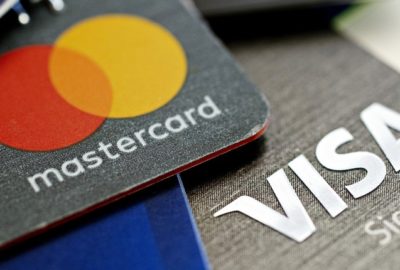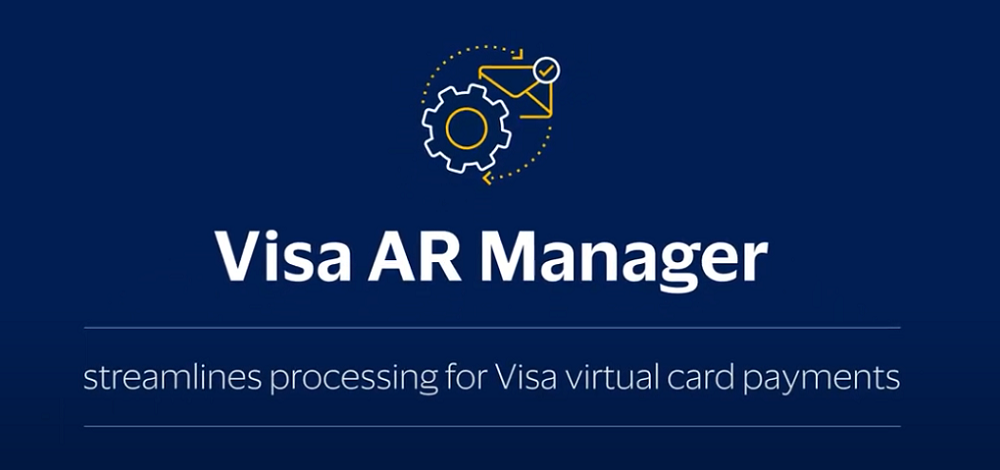Card firms press US to file WTO complaint on access to China
 The Obama administration is weighing complaints from U.S. companies that China is violating trade rules by shutting them out of its $723 billion payment- processing market.
The Obama administration is weighing complaints from U.S. companies that China is violating trade rules by shutting them out of its $723 billion payment- processing market.
Trade Representative Ron Kirk told reporters in Brussels that the U.S. hasn’t decided if it will file a complaint at the World Trade Organization over the rules, which block companies such as Visa Inc., American Express Co., MasterCard Inc., Discover Financial Services and First Data Corp. from processing credit- and debit- card transactions in China.
Those companies discussed with the trade office in recent weeks the argument that China is violating pledges, made when joining the WTO in 2001, to allow full access to that market, according to people familiar with the talks who asked not to be identified because the U.S. is still considering the issue.
“We have been approached by some in our industry,” Kirk said. “We’ve been doing our diligence as we always do.”
The case highlights rising tensions between the world’s largest and third-biggest economies, adding to disputes ranging from currency policy to import duties to Internet censorship. U.S. trade associations including the Business Software Alliance in January accused China of developing policies that favor local companies.
“If the government was looking to get tough on China, this is a solid case to take on,” David Hartridge, a senior trade policy adviser for the law firm White & Case LLP in Geneva and a former WTO official, said in an interview.
26-Fold Increase
At stake is a market in which payment-card purchases surged more than 26-fold since 2002, according to Terry Xie, an analyst at Mercator Advisory Group, a research firm in Maynard, Massachusetts. Card spending, excluding ATM transactions, jumped to 4.93 trillion yuan ($722.7 billion) in China last year and may reach 8.4 trillion yuan by 2012, Xie said. That would be almost half the payments Visa processed worldwide in 2009.
“China is still very much a cash-based society,” Adam Frisch, an analyst with Morgan Stanley in New York, said in an interview. “You have a market that over the long term could be an immense opportunity.”
U.S. lawmakers such as Senator Charles Schumer, a New York Democrat, have called for moves to counteract China’s economic policies. The two countries are in a running debate over the value of China’s currency, the U.S. has imposed duties that China has called protectionist and President Barack Obama’s administration has sided with Google Inc. in its decision to stop abiding by China’s rules for censorship of the Internet.
Raw Materials Case
A complaint with the WTO, the Geneva-based trade arbiter, would be the second by the Obama administration against China. A U.S. filing last year said limits on exporting raw materials such as magnesium, coke and zinc give an unfair advantage to Chinese manufacturers.
“If there are WTO violations and we have winnable cases, then we should bring them,” John Frisbie, president of the U.S.-China Business Council, a trade group in Washington, said in an interview.
China doesn’t let foreign companies issue their own bank cards denominated in its currency, build networks to support such cards or process interbank point-of-sale transactions. Foreign banks must “co-brand” with Chinese operators to supply these services and execute payments through Shanghai-based China UnionPay Data Co., the country’s only national electronic- payment network.
“The issue is a bilateral, government-to-government trade issue and should therefore be answered by the U.S. Trade Representative,” Denise Dunckel, a spokeswoman for San Francisco-based Visa, said in an e-mail. Visa and MasterCard are the two largest payment networks.
First Credit Card
Some China residents have had access to local credit cards since 1985, when the Bank of China introduced the nation’s first card, Xie said in an interview. The industry remained tiny for the next 15 years, thwarted by a lack of infrastructure such as a common card-acceptance network, he said.
When China joined the WTO, it promised to grant foreign access to “all payment and money-transmission services, including credit, charge and debit cards,” by Dec. 11, 2006.
China “did not make any commitment regarding the supply of payments and clearing services by foreign non-financial institutions” when it joined the trade arbiter, the nation said in a statement at a WTO meeting in 2007.
Yao Jian, a spokesman for China’s Commerce Ministry, had no comment. Wang Baodong, a spokesman for China’s embassy in Washington, said he wasn’t aware of any possible complaint on card-payment processing.
China UnionPay
While U.S. companies say they are denied entry to China’s market, China UnionPay, created by the People’s Bank of China in 2002, is expanding worldwide.
The company, owned by more than 80 of the nation’s largest banks and other state-owned enterprises, has access to payment markets in more than 70 countries and aims to make its cards “acceptable all across the globe,” China UnionPay President Xu Luode said in a Sept. 24 interview in New York.
“My next step isn’t any nation – it’s the world,” he said.
U.S. companies have called publicly for changes in China’s policies.
Report to Congress
“The issue for us is, how can we work with that country and with the goal that the country has so we can actually provide domestic payment processing?” MasterCard Chief Financial Officer Martina Hund-Mejean told analysts on March 2.
“We are continuing to work with the Chinese government with respect to trying to open that market up for more domestic business,” John Partridge, president of Visa, said at presentation for analysts and investors on March 11. Visa has more than 60 million co-branded cards in China, he said.
The Trade Representative’s Office has pressed China to open its market to U.S. payment networks, the office said in a report to Congress in December.
“The United States will continue to pursue this issue vigorously in 2010, taking further appropriate actions,” the office said.
Source: Bloomberg
Dariusz Mazurkiewicz – CEO at BLIK Polish Payment Standard
Banking 4.0 – „how was the experience for you”
„To be honest I think that Sinaia, your conference, is much better then Davos.”
Many more interesting quotes in the video below:










